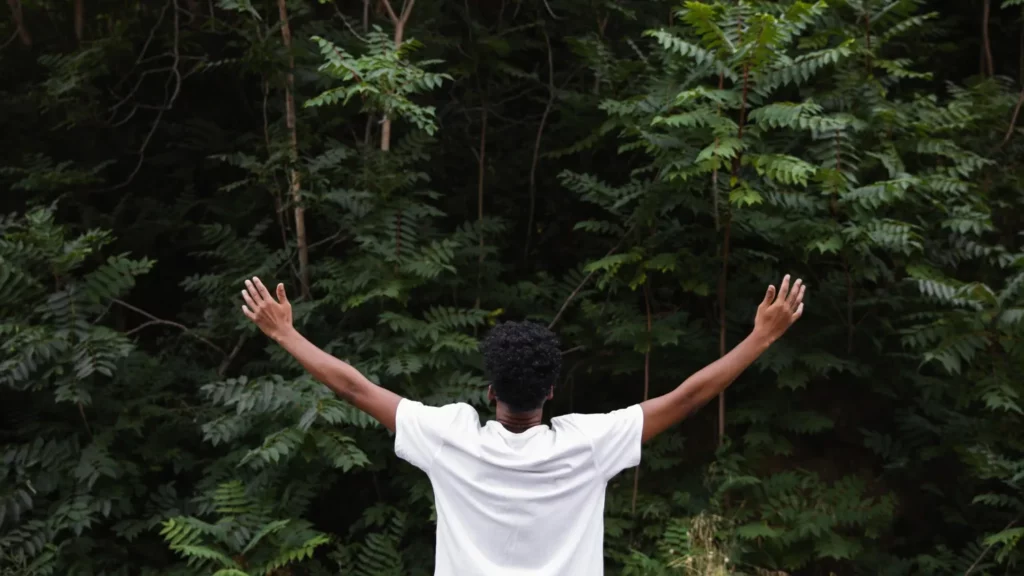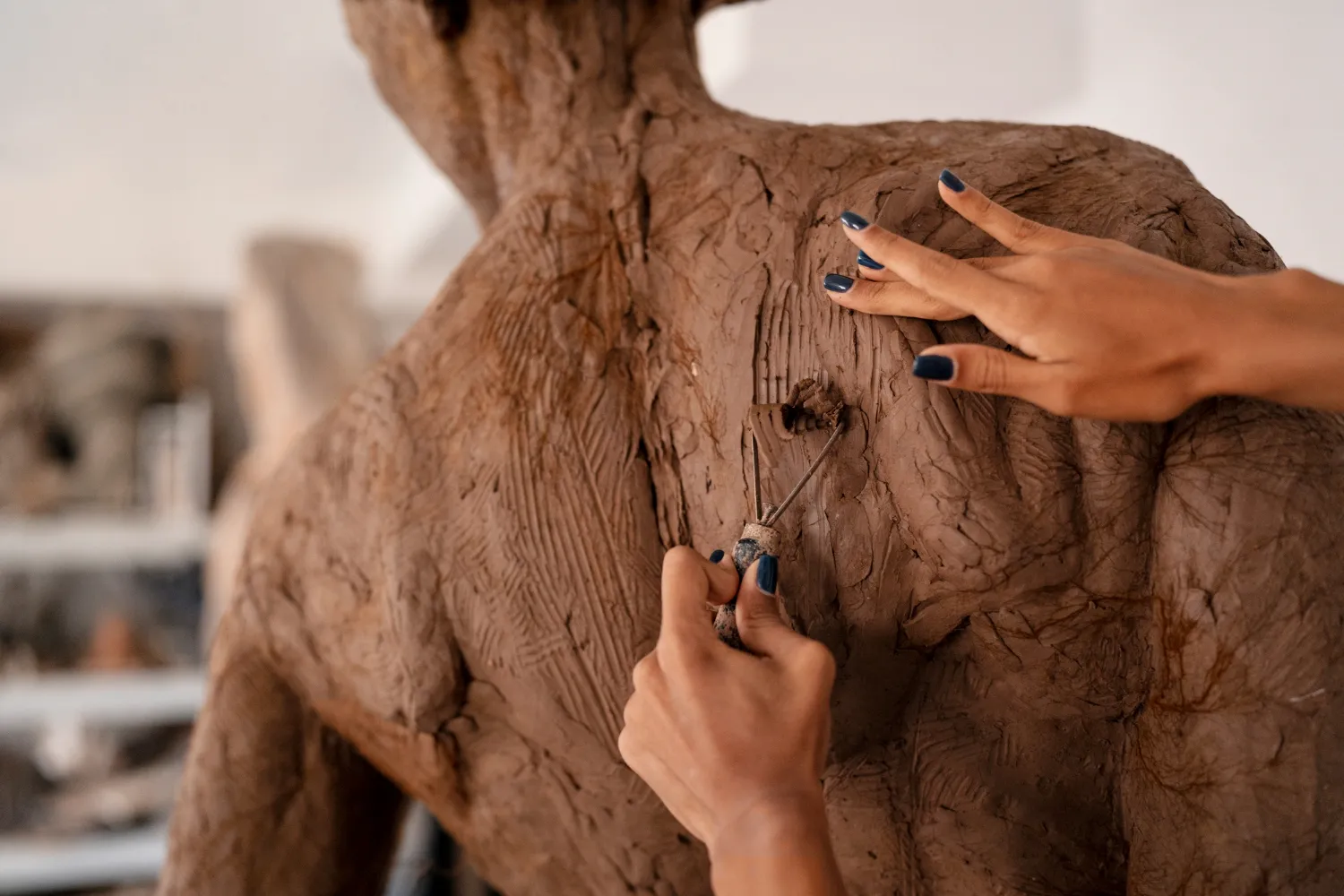Impactful Challenge: Surrender or Survive

“You must surrender or survive.”
Unknown
This statement stopped me in my tracks today. It sounds straightforward, but for anyone battling addiction or grappling with their mental health, it holds a powerful paradox. Two and a half years into my recovery journey, I’ve learned this: survival without surrender is not recovery—it’s denial. True healing begins with surrender.
Personal Reflections
At 42, I now see my life as two distinct chapters: the chaos of addiction and the clarity of recovery. 2+ years ago, I hit rock bottom. I checked myself into rehab, started the 12-step program, and began the hard work of rebuilding and healing. It was the first time I asked for help where my addiction was concerned. By that action, I unintentionally got a mental health diagnosis that showed me that there were many other serious problems I had. Addiction was one of them, the one that was a symptom or better yet a signal to explore my other issues. REHAB was my moment of SURRENDER.
I spent the next 13 months sober what we call DRY SOBRIETY, simply put, I was sprinting through life, thinking I was “fixed.” Then came my first lapse. And others followed. Each one taught me more than the last. DENIAL was slowly stripped away, revealing the deeper issues fueling my addiction, all PSYCHOLOGICAL and EMOTIONAL by design. Only through lapses did I truly learn that survival isn’t enough; SURRENDER is the foundation of recovery, and SELF-HEALING is the road I am traveling. Destinations are: SELF-ACCEPTANCE, ENLIGHTENMENT, AND SERENITY.
Society often views surrender as weakness. As a firstborn son, a man, and a father, I was raised to be strong, stoic, and invulnerable. But addiction recovery has shattered that illusion. Strength isn’t the absence of vulnerability; it’s the courage to admit it.
Statistics: The Scope of Denial
Globally, addiction affects over 35 million people, yet only 1 in 7 receives treatment (UNODC). In Africa, cultural stigmas exacerbate this silence, with only 10% of addicts seeking help (WHO). Denial—by addicts and society—remains one of the greatest barriers to recovery. Understanding the stages of denial, from precontemplation to eventual acceptance, is crucial for breaking the cycle.
Resources
For anyone seeking inspiration or guidance, I highly recommend Gabor Maté’s TED Talk, “The Power of Addiction and the Addiction of Power,” which sheds light on the pain beneath addictive behaviors. Additionally, Brené Brown’s podcast, “Unlocking Us,” offers incredible insights into vulnerability and healing. These resources provide a deeper understanding of addiction, recovery, and emotional growth.
A Call to Action
To Recovering Addicts: Surrender is not defeat; it’s the beginning of survival. Seek help, no matter how broken you feel.
To Caregivers: Understand that addiction is rarely about choice—it’s about pain. Empathy and not frustration, is the bridge to healing.
To Society: Ask yourself: Would you trust an employee, a partner, a friend in recovery, honest about their struggles, or a high-functioning addict in denial? Silence, denial, and functional addiction perpetuate harm. It’s time to dismantle the culture of secrecy, shame, and lying.
Conclusion
SURRENDER is not a sign of weakness but of STRENGTH. It challenges everything society teaches us about survival. But in recovery, surrender is the gateway to a life of purpose and peace.
Let’s challenge the silence, confront denial, and create a culture where vulnerability is valued and recovery is celebrated.









